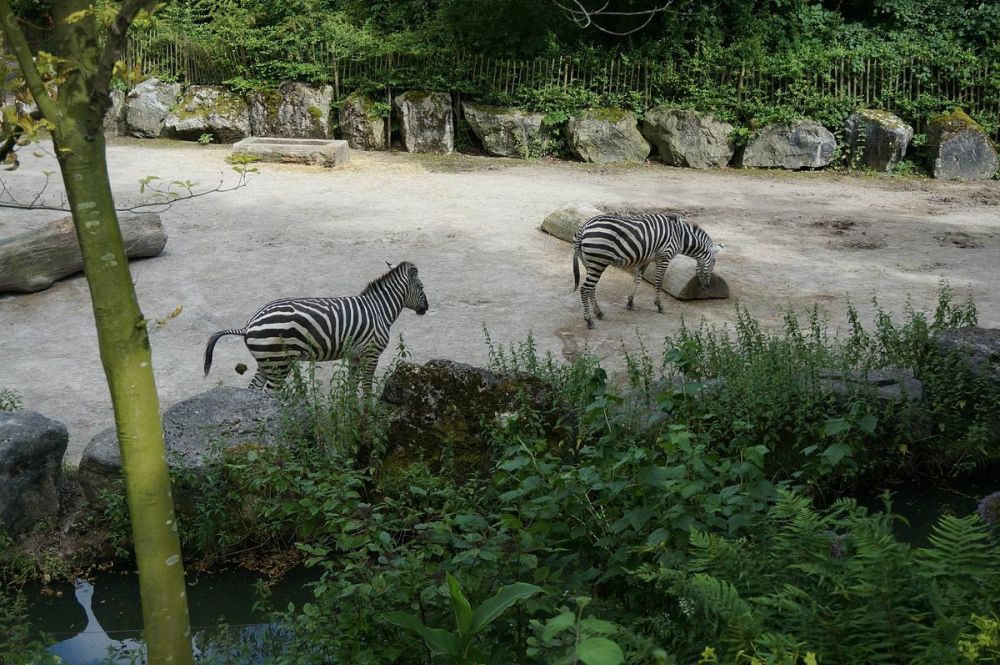

The Zoo de Lille, also known as Parc Zoologique de Lille, is a popular zoological park located in the historic city of Lille, France. The zoo first opened its doors to the public in 1950 and has since been an essential part of the city’s tourist attractions.
In its early days, the Zoo de Lille was quite modest in size and the variety of animals it housed. However, it quickly captured the hearts of both locals and visitors, becoming a cherished destination for educational and leisure activities.
Over the years, the zoo underwent significant expansions and improvements. It saw the addition of new enclosures, habitats, and a wider variety of species. The Zoo de Lille made a name for itself by providing a more immersive and educational experience for its visitors.
As awareness about wildlife conservation grew, the Zoo de Lille shifted its focus towards conservation and research. It became involved in various breeding programs for endangered species, educating the public on the importance of biodiversity and the protection of ecosystems.
In recent years, the zoo has continued to evolve, focusing on modernization and improving accessibility for all visitors. Enhanced visitor services and educational programs have ensured that the Zoo de Lille remains a significant and respected part of Lille’s tourism industry.
The latest trends in tourism at Zoo de Lille reflect a growing interest in sustainable and responsible travel. Visitors are more invested in experiences that promote conservation and that have a positive impact on the environment. Educational tours, interactive exhibits, and behind-the-scenes access to conservation efforts are increasingly popular.
The Zoo de Lille offers a variety of engaging experiences that allow visitors to learn about animals up close. This includes feeding sessions, educational talks, and interactive displays that showcase the animals’ habitats and behaviors.
Embracing technology, Zoo de Lille has integrated digital tools to enhance the visitor experience. Mobile apps, augmented reality experiences, and interactive kiosks provide guests with rich content and deeper understanding of the animal world.
Strong emphasis is placed on community involvement and education. The zoo runs programs for schools and special interest groups, aiming to educate future generations about wildlife conservation and environmental stewardship.
Moving forward, the Zoo de Lille is expected to continue its trajectory of sustainable tourism, incorporating eco-friendly practices and expanding its role in global wildlife conservation initiatives.
When planning a visit to the Zoo de Lille, consider exploring the various themed zones which include the African Savannah, Tropical Rainforest, and the American Paddock. It's a perfect destination for families, nature lovers, and anyone interested in learning about the world's fascinating wildlife.